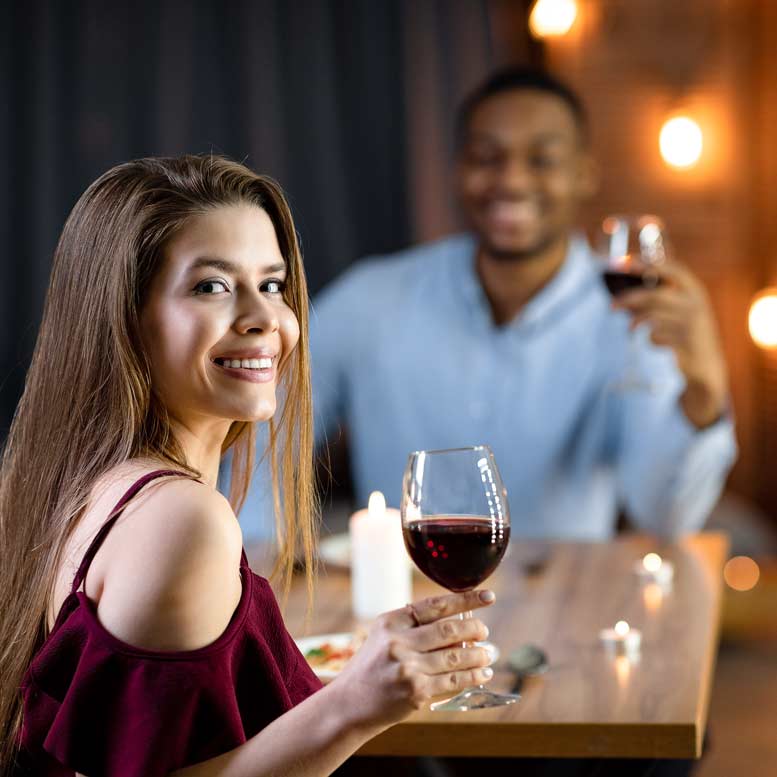IS PLEASURE YOUR BIGGEST EXPENSE?
All of us have suffered emotional/physical, financial and spiritual consequences as a result of the pandemic. And, after a year and a half of restricted living, our needs and wants may well have been modified or changed.
As summer months have meandered on, however, more of us are vaccinated. There’s always the threat of the Delta virus. We are reassured, though, that, vaccinated, we will avoid the hospital and worse. We now have the freedom to do many activities that were blocked because of the pandemic:
- Meeting in person with friends
- Enjoying indoor dining
- Going to church and singing
- Attending sports events
- Going to the movies and museums
- Traveling by train and plane
 Money that couldn’t be spent on immediate pleasures may accumulated. That money and your desire are itching to buy some basic human pleasures and experiences denied us for far too long. Returning to somewhat normal IS cause for celebration. It is a celebration of our growing freedom and confidence from the pandemic stranglehold. Who cares if a dinner out is a third more expensive than pre-pandemic, who cares if the dress and shoes your partner bought were overpriced? Our pent up desire for immediate pleasure and person-to-person connection is more compelling than self restraint and financial vigilance.
Money that couldn’t be spent on immediate pleasures may accumulated. That money and your desire are itching to buy some basic human pleasures and experiences denied us for far too long. Returning to somewhat normal IS cause for celebration. It is a celebration of our growing freedom and confidence from the pandemic stranglehold. Who cares if a dinner out is a third more expensive than pre-pandemic, who cares if the dress and shoes your partner bought were overpriced? Our pent up desire for immediate pleasure and person-to-person connection is more compelling than self restraint and financial vigilance.
If we look at the research on overspending it tells us that it finds a hold in our financial judgment not in fixed expenses, like your mortgage, utilities or insurance.
According to recent research it is the special events in our lives that eat up money. In our current situation, the desire to splurge on a restaurant night out is compelling and overwhelming.
We have such creative rationalizations and justifications for our lax spending:
- We deserve it, we’ve been deprived for 14 months
- It’s summer, we can eat outside. So let’s HAVE AT IT, NOW
- We need to make business up to restaurants and shops to help keep them open
- We need to get America back on her feet again; let’s kick up heels up NOW because no one knows what will happen this winter. LIVE NOW, WORRY LATER!
- My best friend just had a birthday and I have to get her a fabulous present
- My other friend invited me to her wedding and I have to get her an extra special gift
- Our best couple friends want to go on vacation with us so why not?
 Beside the COVID created yearnings, special events like birthdays, weddings, graduations, and vacations all have a strong and compelling emotional drive. We want to make someone feel special on their birthday. When we plan a vacation, we want it to be special. We want to show our kids, ourselves and our friends that, “we work hard and this is our reward.”
Beside the COVID created yearnings, special events like birthdays, weddings, graduations, and vacations all have a strong and compelling emotional drive. We want to make someone feel special on their birthday. When we plan a vacation, we want it to be special. We want to show our kids, ourselves and our friends that, “we work hard and this is our reward.”
Does it ring true to you that we can justify spending MORE to get what WE think will make ourselves and our friends happy? How can we learn to slow our seemingly natural desire to make ourselves and others feel good without going broke?
Here are 3 things to think about and do to make sure you both honor your need for connection and pleasure and give to your friends and family as the sweet sound of money continues to ring in your pockets:
- Write down insights and awareness into your own financial habits from the research driven truth that we over spend on special events.
- Write down before you go, what you are willing to spend for a dinner out. Then stick to that number and afterwards write down what you experienced as a result.
- Picture and experience what makes you feel happy at a special event in your honor. Is it the attention and approval from others, your memories from the past or the goal you’ve attained? The amount of money a present cost?
We all need compassion and care for an understandable wish to increase pleasure. At the same time, we don’t want to sabotage our financial well being by little bits of overspending that add up to a troubling amount. So sustain “joyful planning,” and pat yourself on the back for setting some spending limits.
Maggie Baker, Ph. D.
Psychologist – Financial Therapist
Author of Crazy About Money: “How Emotions Confuse Our Money Choices And What To Do About It”.

